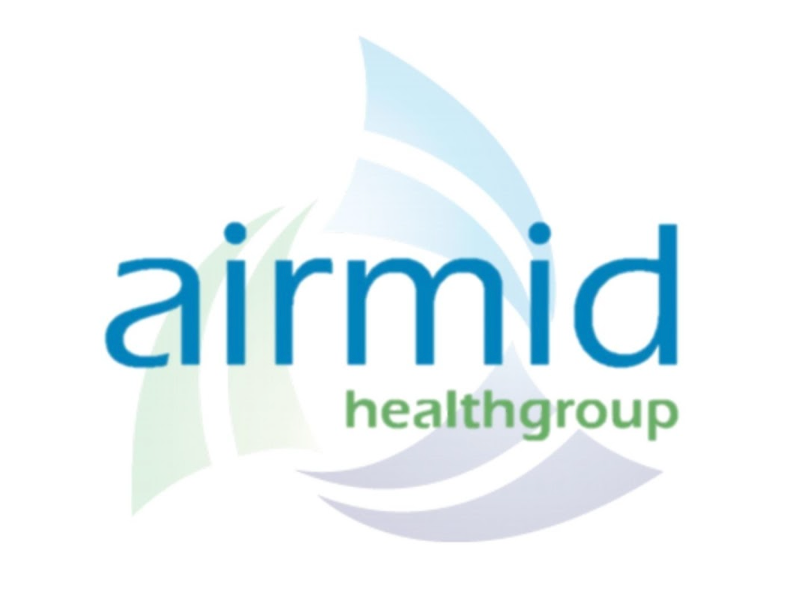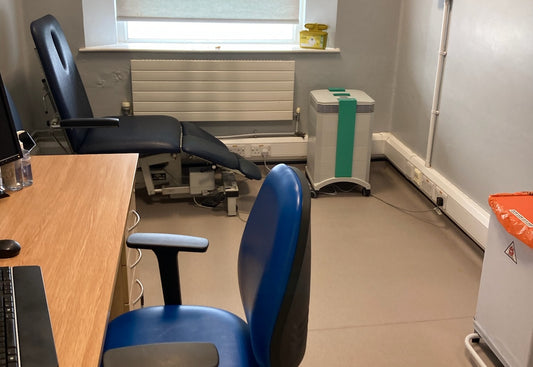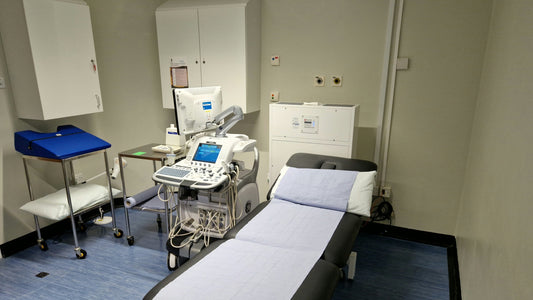Who is the Airmid Healthgroup?
Airmid Healthgroup is an independent biomedical research organisation which specialises in airborne particulate contamination. Airmid is based in Dublin Ireland and is an ISO/IEC 17025:2005 INAB accredited testing laboratory. The company advertises itself as a leading authority in aerobiology and biomedical research, and is specialised in studying the behaviour of viruses, allergens and other ultra-fine particulates. Airmid offers a variety of different services, such as field research, environmental test chamber studies and licensing of intellectual property.
Through a team of clinicians, laboratory scientists, industrial hygienists and health advisors, Airmid offers product R&D, identification and enumeration of viruses, and electrical appliance testing. As such, Airmid provides independent testing of products like air purifiers, air conditioners, dehumidifiers, vacuum cleaners, paints and more.
In Irish mythology, Airmid (also Airmed) is the Celtic goddess of healing, who collected and organised the 365 healing herbs of the world. She was also able to resurrect the dead. Her father Dian Cecht scattered the herbs she had collected, which resulted in that “no living human knows all the secrets of herbalism”. https://en.wikipedia.org/wiki/Airmed
How does Airmid test air purifiers?
Airmid offers an analytical testing service and provides tests for air purifier through their in-house laboratory. Based on their aerobiology expertise, Airmid can test air purifiers in regard to virology, mycology and bacteriology.
Test Methods of Air Purifiers:
For vial contamination, Armid uses Cell Culture isolation and PCR tests. For airborne particulate counts, it offers laser diffraction – laser particle counter for 0.3 -10 microns and condensation nucleus particle counter for 0.15nm to 0.1 micron.
A purpose build, stainless steel ASTM chamber of 28.5 m3 allows Airmid to mimic indoor building environments, to provide accurate and repeatable data regarding aerobiology assessments of air purifiers in indoor environments. Temperature in the sealed testing chamber can be controlled at between 18 and 35 C, humidity at 40-65%, and airflow rate between 0.38 to 60 air changes per hour. Airborne particulate contamination can be monitored in real time through a series of particle counters, and surface and airborne microbes and allergens can also be measured. Supply air is HEPA filtered.




